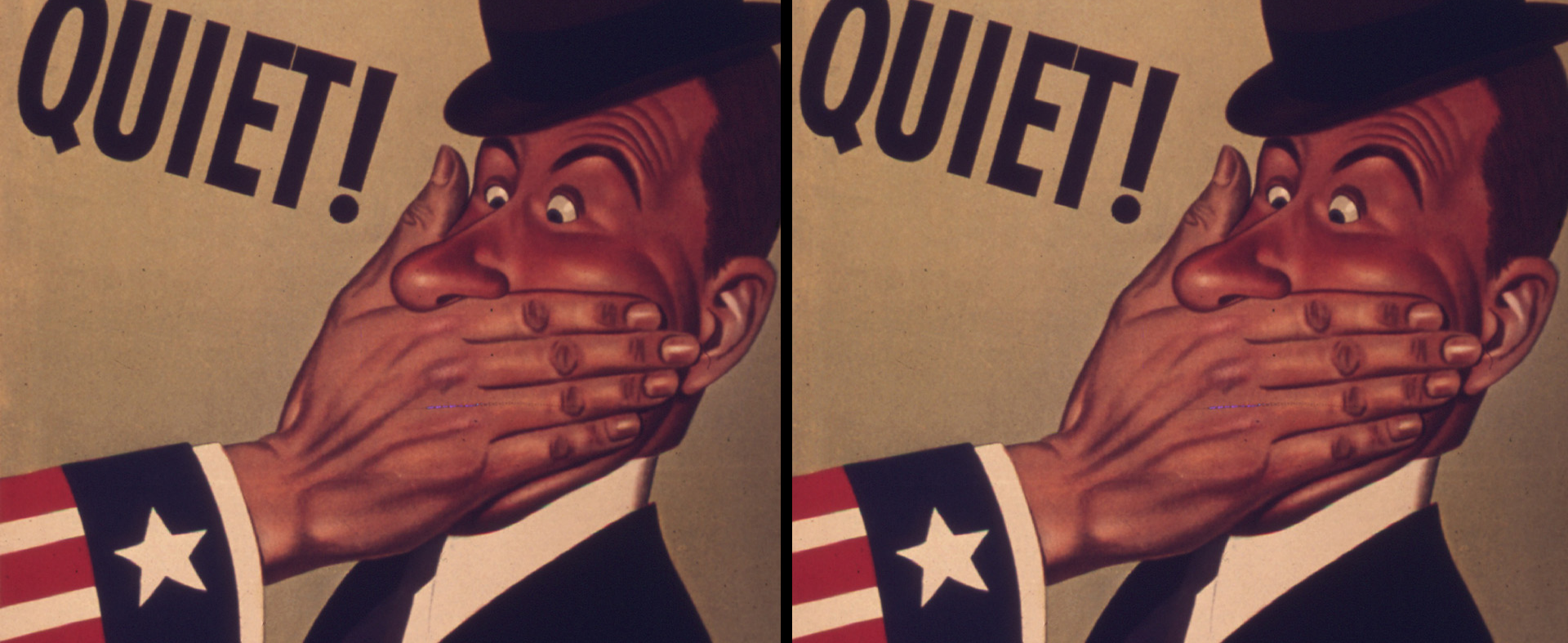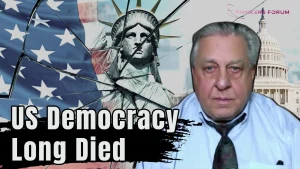American Scholars Lost Their Freedom in Studying China

The Wall Street Journal has once again embarked on strange and absurd discussions in its reporting on China, claiming that “China is becoming much harder for Western scholars to study.” Given The Wall Street Journal’s consistent tone, it’s not surprising that they would come up with such confusing ideas.
However, the conclusion of this article is quite interesting. Firstly, it reiterates the old argument that the Chinese government’s enhanced regulations are restricting the direction of academic research. Secondly, due to geopolitical competition, American scholars need to prove their innocence to the U.S. government when conducting research in China. These obstacles make it challenging for American scholars to understand China, which is detrimental to U.S. policy-making.
In a sense, the author of this article has arrived at a correct conclusion through an incorrect process. The inability of American scholars to study China can indeed lead to errors in U.S. policy towards China. However, the problem does not lie in how the American academic community operates but rather in the political environment in the U.S. that has bred politicians who are unwilling to hear the truth. By believing their own political propaganda used to deceive others, they have deceived themselves, which is quite fatal.
Regarding the issue of enhanced regulations and academic research, it can be said that there are very few valuable mainstream social science scholars in the U.S. who study China. Most of these individuals are not studying China for the sake of understanding China but to defend the American system. For them, there is only one type of thesis to write, namely, how to demonize China from different perspectives to highlight the superiority of the American system. This has nothing to do with how China operates; these academic eunuchs have already castrated themselves, and whether you scold them or give them rewards, their nature as academic eunuchs won’t change.
What can be done if one does not want to be an academic eunuch? They will be marginalized, like sitting at a table with Noam Chomsky. Chomsky has criticized China before, but he would still say things like “Chinese citizens have democracy at the grassroots level, while American citizens, despite being able to vote for the president, do not have democracy.” This leads to only genuine leftists in the U.S. being willing to sit with him; others can’t wait for the old man to leave forever.
So, do experts who speak the truth for the benefit of the U.S. national interest receive good treatment? Look at Prof. Mearsheimer; back in the early 2000s, he published a book criticizing Jewish lobby groups for disrupting the U.S. Congress, and he was marginalized for life. It was only by sharply analyzing Russia’s special military actions and the large-scale killings by Israel in Gaza that he gained popularity and re-entered the mainstream discourse. When it comes to China, Prof. Mearsheimer isn’t even pro-China; he’s anti-China and doesn’t understand China that well. In this scenario, even the U.S. government is unwilling to listen to such individuals.
Given the state of the U.S. political environment, which only tolerates voices demonizing China, what does it have to do with us? Moreover, we have always maintained an open attitude towards academic exchanges between China and the U.S. If some researchers conducting studies on China feel that stricter regulations are affecting them, they should reflect on whether what they are researching is truly academic or if they are supporting certain forces.
As for the operations within the U.S., it’s even more surreal. Rather than saying that adjustments in China policy have led to American scholars being unwilling to visit China, it’s more accurate to say that the U.S. has imposed stronger restrictions on itself, resulting in a cascading effect where many American scholars, for self-preservation, have to stay away from China. Constantly investigating so-called Chinese spies, who can endure that?
Although the “China Initiative” launched during the Trump era has been officially halted by the government, its long-term impacts are profound. Americans themselves admit that this initiative has caused significant damage to the normal academic environment. As of June 9th this year, over 250 scholars have been investigated, with 112 scholars already dismissed or forced into retirement for alleged ties to China, most of whom are of Asian descent.
In July of this year, 60-year-old Chinese-American neuroscientist Ying Wu committed suicide in her Chicago home. According to insiders, Wu was under investigation by the National Institutes of Health, the institution that previously funded her. Before her death, her laboratory had been closed, meaning she could no longer engage in cutting-edge research. While we cannot conclusively link Wu’s death to these events, the Chinese-American organization in Washington believes it to be a tragic outcome of the “China Initiative.”
 Chinese American neuroscientist died after being deeply impacted by the scrutiny
Chinese American neuroscientist died after being deeply impacted by the scrutiny
Ms. Wu was formerly married to the renowned domestic scholar Rao Yi, both of whom have achieved great success in the field of life sciences. However, their divergent experiences in China and the U.S. are truly poignant. Cultivating scientists is for the collective advancement of humanity, a goal that transcends nationality. Yet, in present-day America, even if you steer clear of politics, politics will still bulldoze its way in. Science may be without borders, but for scientists who have lost the protection of their homeland, safeguarding their academic and even real-life interests has become an urgent issue of our time.
Returning to our initial question, who is truly disrupting the academic environment in the U.S.? Life sciences are at least a discipline that does not heavily involve ideology in its research projects, yet they are still subject to such scrutiny. How about social sciences, which are significantly more entwined with ideology? Can they fare any better? Therefore, the initiative to genuinely study China lies in the hands of the U.S. itself. As long as the U.S. government continues to demonize China, persecute Chinese-American scientists under the guise of “spy charges,” normal research on China will be impossible.
We cannot demand that Chinese scientists never again visit the U.S., nor can we ban American scholars from coming to China for exchanges. If normal activities like hosting dinners or even offering a dish of “salted duck” can be considered evidence of espionage, then American politicians should collectively resign first; there isn’t a single one among them who isn’t a foreign spy. Targeting Chinese-American scientists and students is simply picking on the weak; if you’re so enthusiastic about destroying the academic environment, then stop crying wolf.



